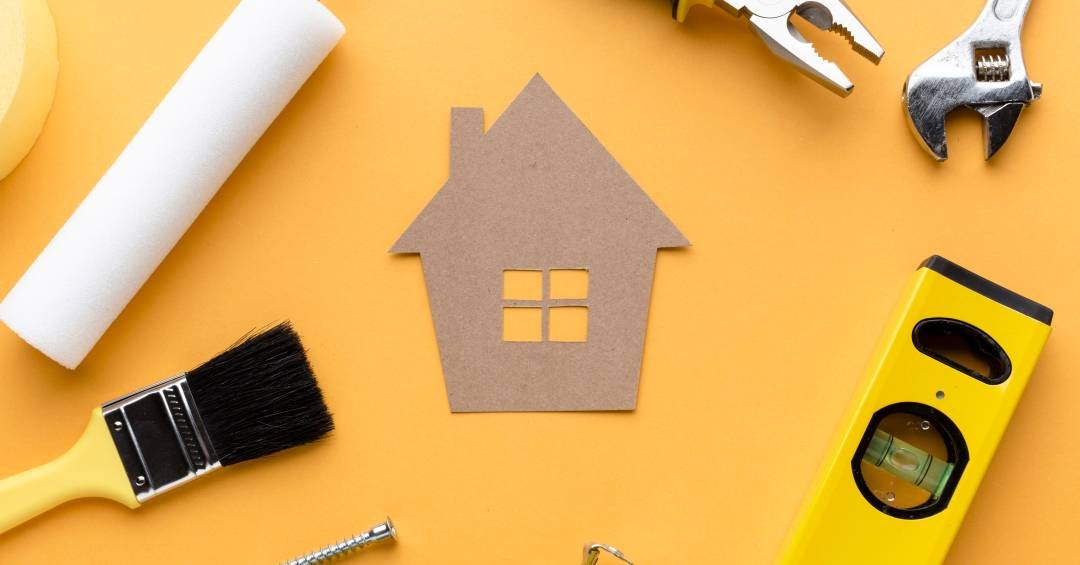Preparing Your Home for Winter: Essential Tips for a Cozy and Safe Environment
As winter approaches, it becomes crucial to make your home ready for the colder temperatures, increased humidity, and potential weather changes. Taking proactive steps now can save you from larger issues in the months ahead. Below are seven practical tips to ensure your home remains safe, comfortable, and energy-efficient during the winter months.
H2: Conduct a Preventive Electrical Inspection
H3: The Importance of Electrical Safety in Winter
During winter, the usage of heaters, electric showers, and various appliances tends to rise significantly. This increased demand on your electrical system can lead to potential hazards if not properly addressed. A thorough electrical inspection is essential to ensure safety and functionality.
H3: What to Check
When inspecting your electrical system, pay attention to overloaded outlets, outdated circuit breakers, and worn-out wiring. These issues can lead to electrical malfunctions, risking your safety and damaging your appliances. If you notice any frayed wires or frequently tripping breakers, it’s wise to consult a qualified electrician for a comprehensive evaluation.
H2: Enhance Door and Window Sealing
H3: Why Sealing Matters
Tiny gaps around doors and windows can allow cold air to seep into your home, making it challenging to maintain a comfortable indoor temperature. Improving the seals around these entry points not only enhances your comfort but also contributes to energy efficiency.
H3: Effective Sealing Solutions
Consider using weatherstripping or caulking to fill gaps. These simple solutions can significantly enhance thermal comfort and reduce heating costs. Additionally, installing door sweeps can prevent drafts from entering beneath doors, further insulating your home.
H2: Clean and Service Your Heating Appliances
H3: Utilizing Air Conditioners for Heating
Many people forget that air conditioning units can also be used for heating. However, they need to be in optimal condition for effective performance. A clean air conditioner will not only provide warmth but also improve air quality in your home.
H3: Maintenance Steps to Take
Before the cold sets in, ensure your air conditioning unit is clean and functioning properly. Check filters, clean coils, and inspect ducts for any dust buildup. Regular maintenance will help avoid malfunctions and ensure efficient operation throughout the winter months.
H2: Inspect Your Plumbing System
H3: The Risks of Neglected Plumbing
The last thing anyone wants to deal with during winter is plumbing issues like leaks or clogs. As temperatures drop, the risk of pipes freezing and bursting increases significantly.
H3: Pre-Winter Plumbing Checklist
Use the early days of winter to check faucets, valves, and pipes for any signs of wear or leaks. Insulate exposed pipes, especially those in unheated areas, to prevent them from freezing. Being proactive can help you avoid unpleasant surprises, such as water damage from ruptured pipes.
H2: Schedule Water Tank Cleaning
H3: Importance of Clean Water Storage
With autumn’s rains, debris can accumulate in your water tank, affecting the quality of water in your home. To ensure you have clean and safe water throughout the winter, regular maintenance is necessary.
H3: Recommended Cleaning Frequency
It’s advisable to clean your water tank every six months. This routine maintenance not only improves water quality but also helps in extending the lifespan of your water storage system. If you’re unsure how to perform this task, consider hiring a professional service for a thorough cleaning.
H2: Maintain Your Appliances
H3: The Increased Use of Appliances in Winter
As we transition into colder months, appliances like microwaves, electric ovens, and heaters see increased usage. Ensuring these devices are in good working condition is vital for both safety and convenience.
H3: Preventive Measures for Appliances
Conduct routine checks on all major appliances. Look for any signs of wear or malfunction, and don’t hesitate to seek professional help for repairs or servicing. Regular maintenance can prevent unexpected breakdowns right when you need your appliances the most.
H2: Avoid Getting Locked Out in the Cold
H3: Understanding Door and Lock Mechanisms
It may seem trivial, but cold weather can cause doors and locks to malfunction. The contraction of materials in low temperatures can lead to jammed or stuck doors, making it inconvenient and potentially dangerous.
H3: Preventive Tips for Doors and Locks
Ensure that hinges and locking mechanisms are well-lubricated. Regularly check the functionality of door locks and handles to prevent being locked out during a chilly day. If you notice any issues, address them promptly before the cold weather hits.
Conclusion
As winter settles in, taking the time to prepare your home can make all the difference in maintaining comfort, safety, and efficiency. By following these essential tips, you can ensure that your home remains a warm and inviting space throughout the colder months. Stay proactive, and enjoy a worry-free winter season!

